Featured
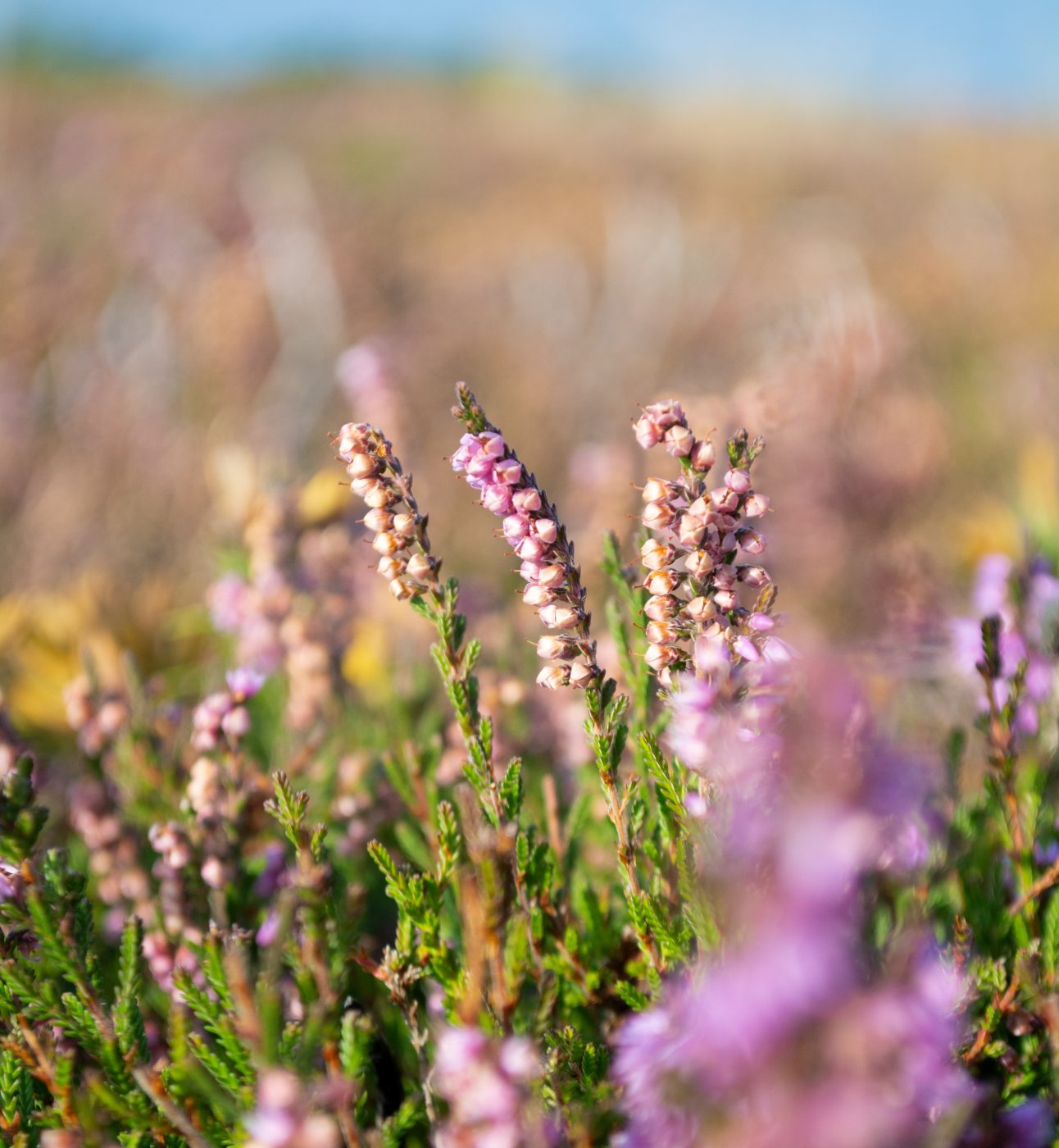
Piggy in the Middle – Nature, Farming, and National Parks
On Exmoor, some farmers have led the way farming for high quality food and nature – but if they are going to survive they need to be paid.
The views presented are the author's and not necessarily those of Campaign for National Parks. We are committed to encouraging an open debate about key issues affecting the National Parks. If you are a journalist with a general enquiry or would like to find out more about our campaigns, please email our Senior Communications Officer Harriet at HarrietG@cnp.org.uk
Featured

On Exmoor, some farmers have led the way farming for high quality food and nature – but if they are going to survive they need to be paid.
Featured
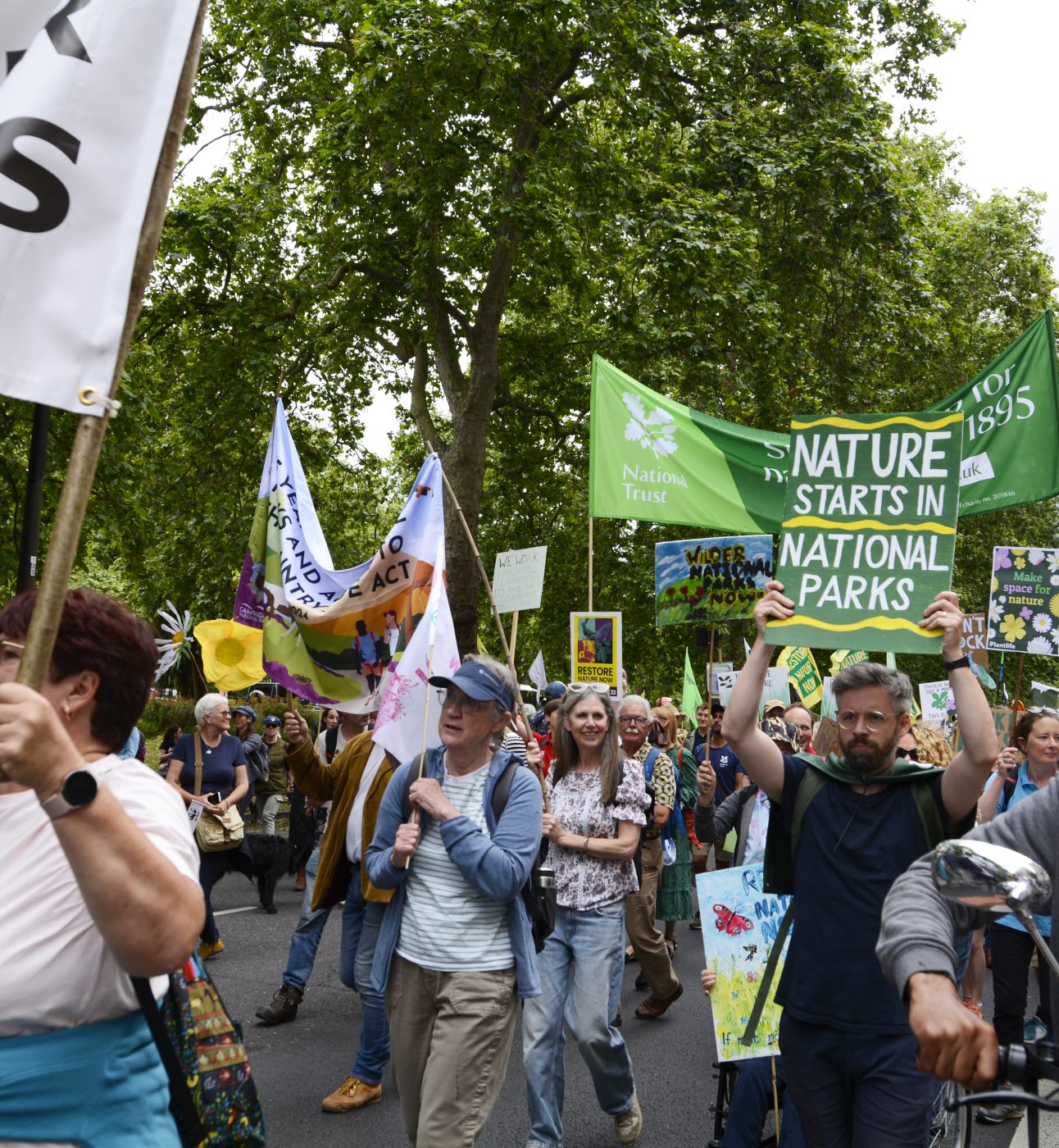
2024 was a big year for us, not only did we celebrate 75 years of National Parks we also had many campaign successes and have set in motion many more for 2025
Featured
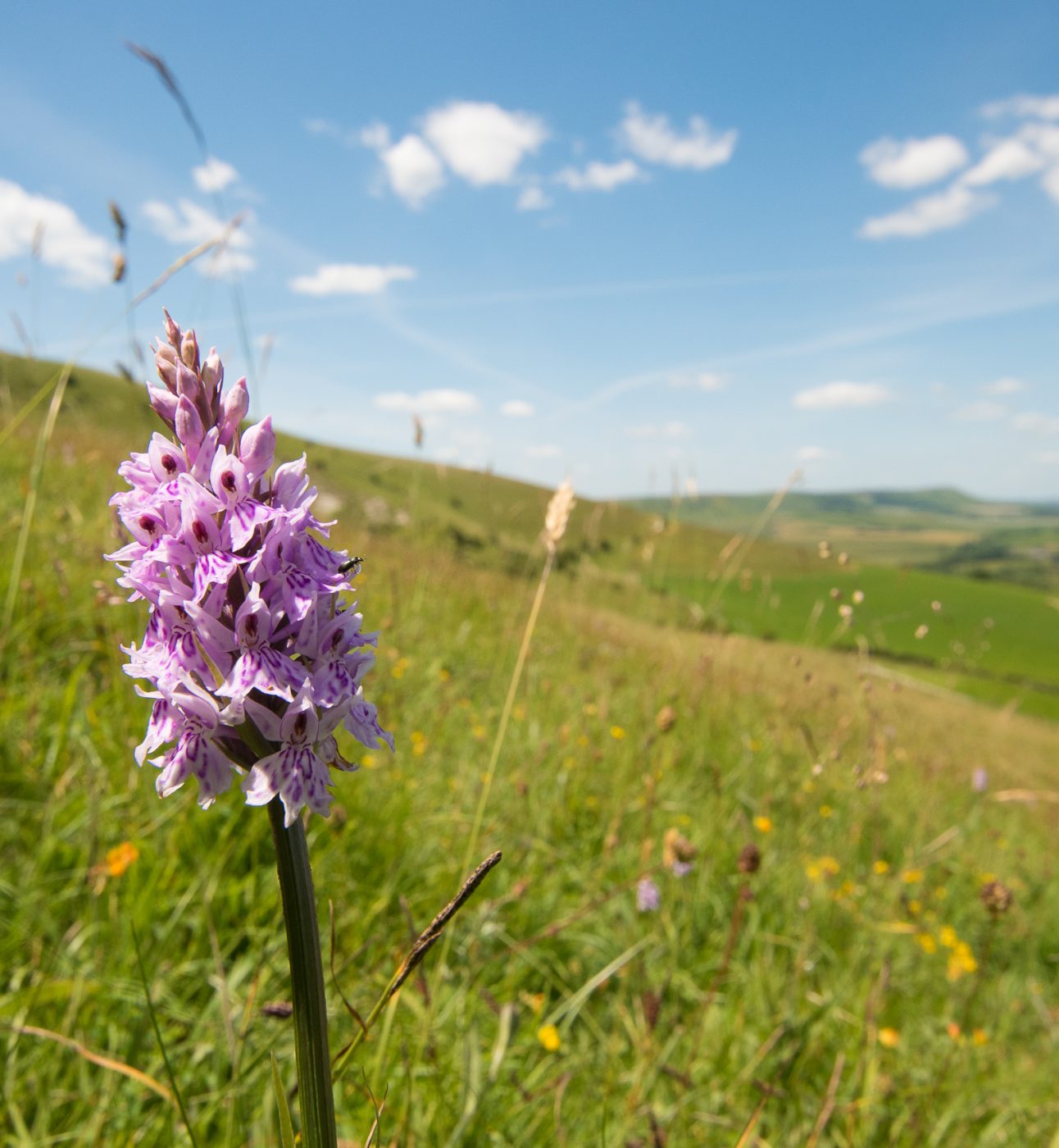
Layla and Molly from Young Wilders on the importance of youth involvement in nature recovery. Read their speech from Natural England's Annual Reception.

75 years on from the creation of National Parks, how can we embody the spirit of its creation to tackle the fresh challenges our Protected Landscapes face?
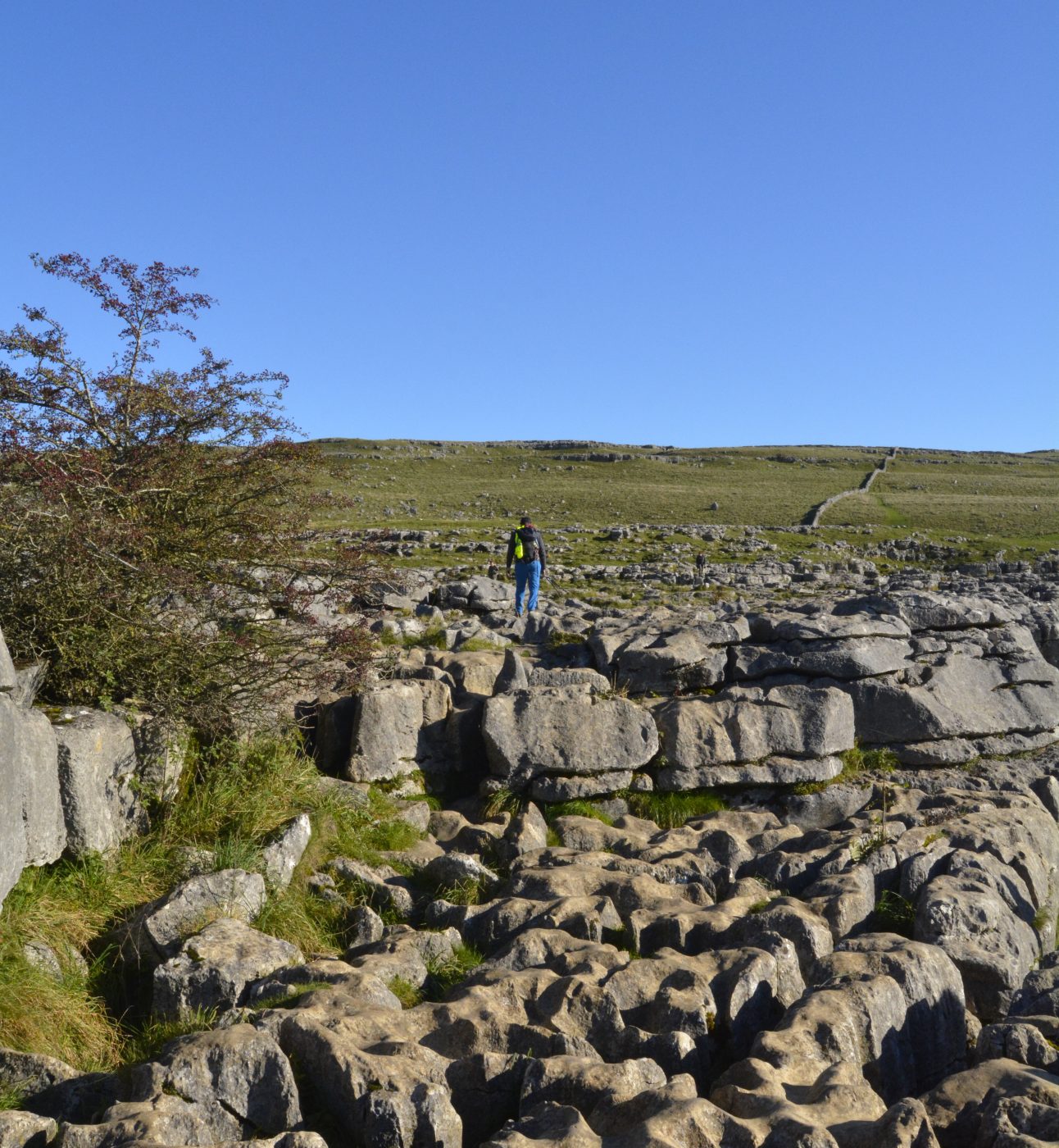
Chief Executive Dr Rose O’Neill reflects on what an increasingly diverse and modern nation needs from National Parks, and how we need to change to deliver it
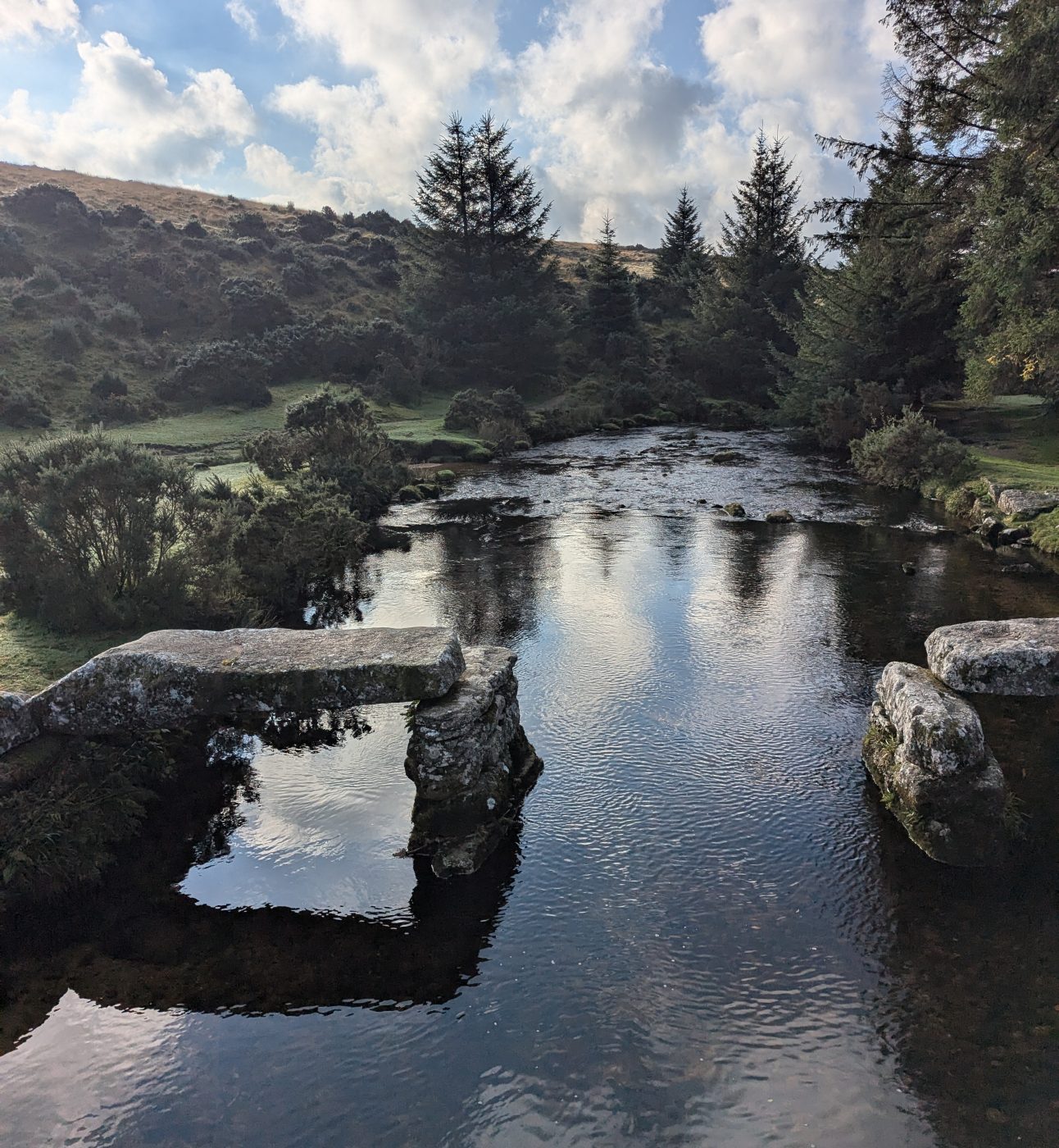
Hayley Quarrington on her experience of the weekend residential in Dartmoor National Park.
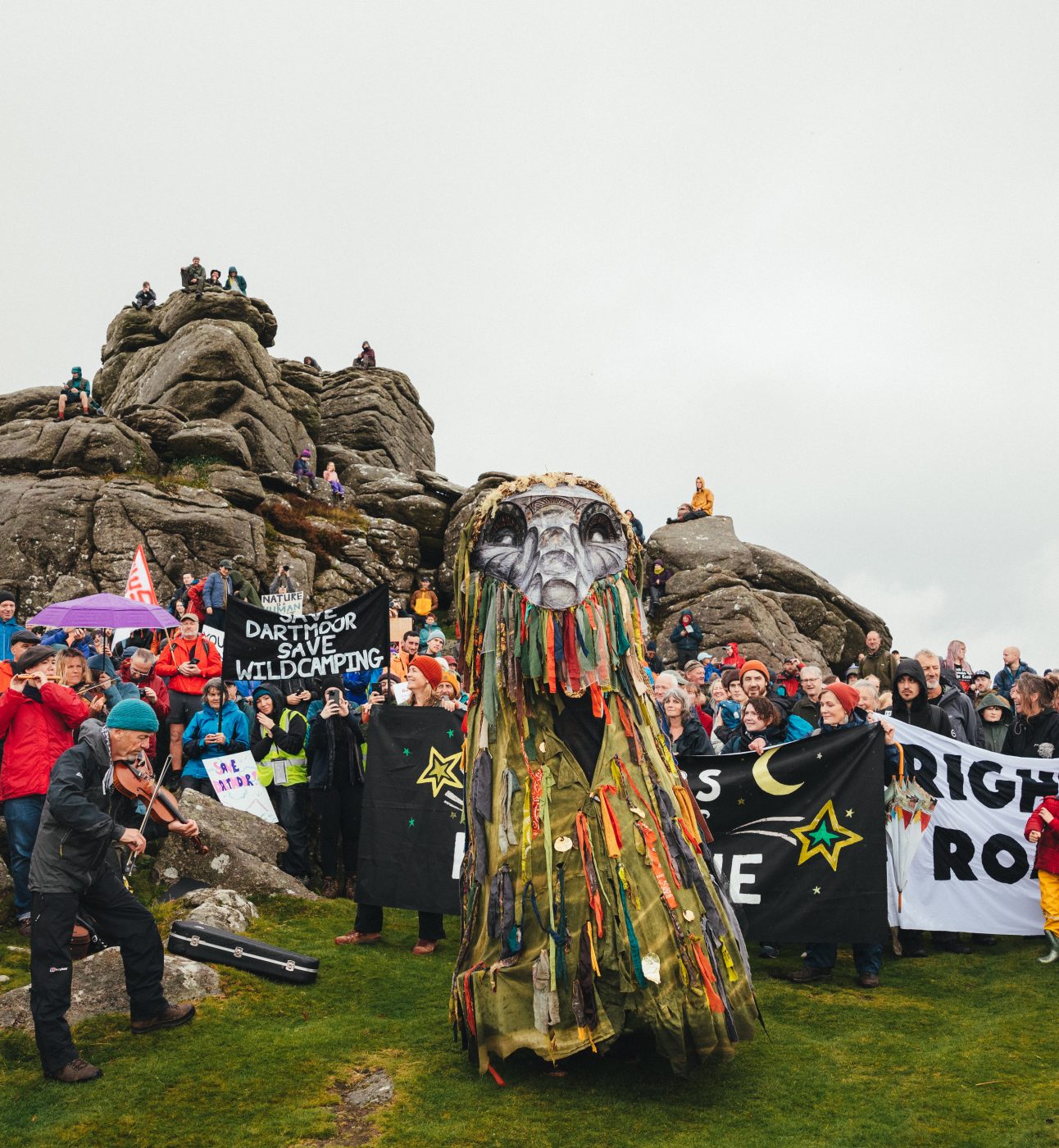
Lewis Winks from the Right to Roam Campaign on we need new legislation to defend and extend our access to the countryside.
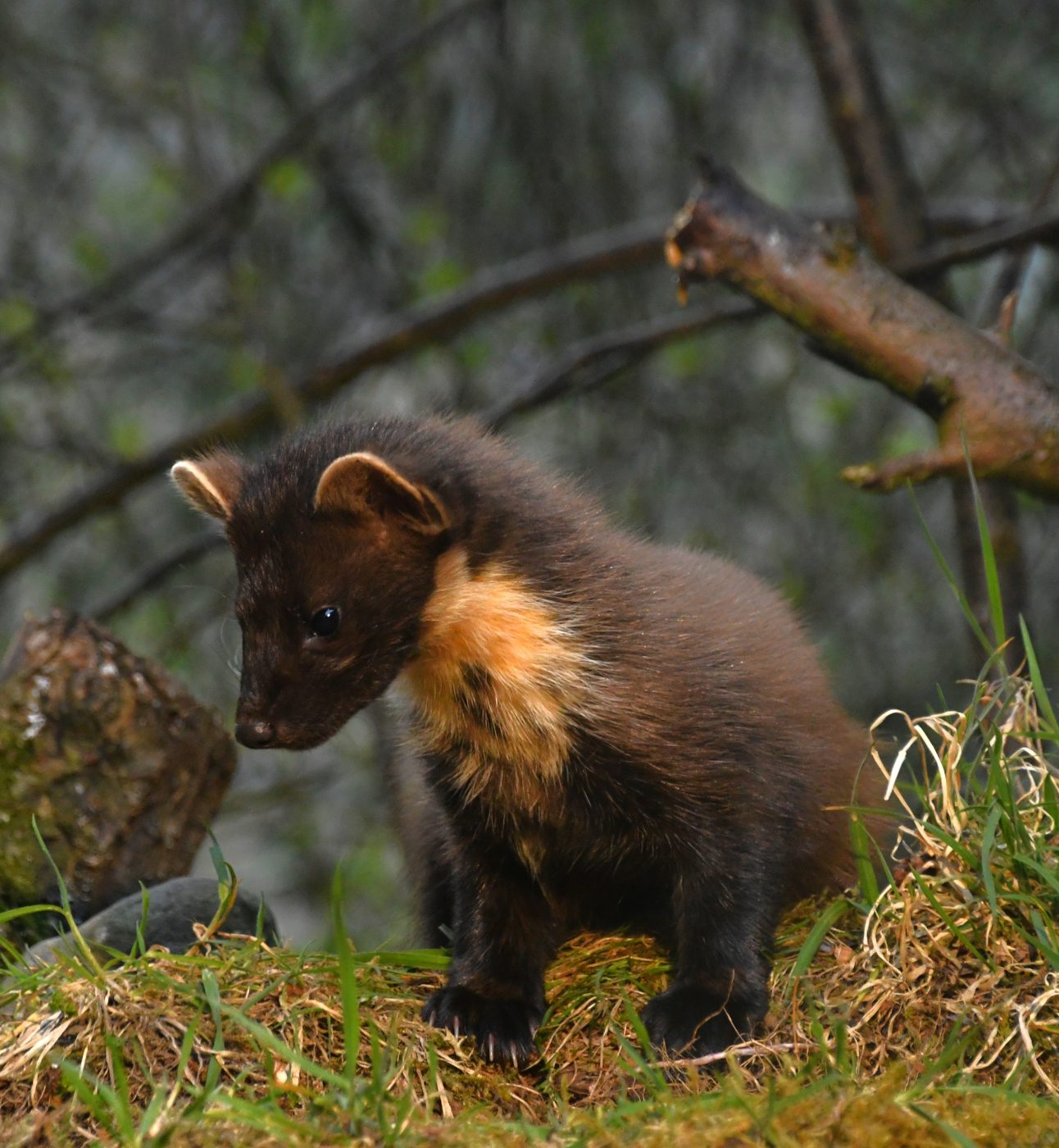
Olivia Watts shares how her experiences of National Parks guided her career
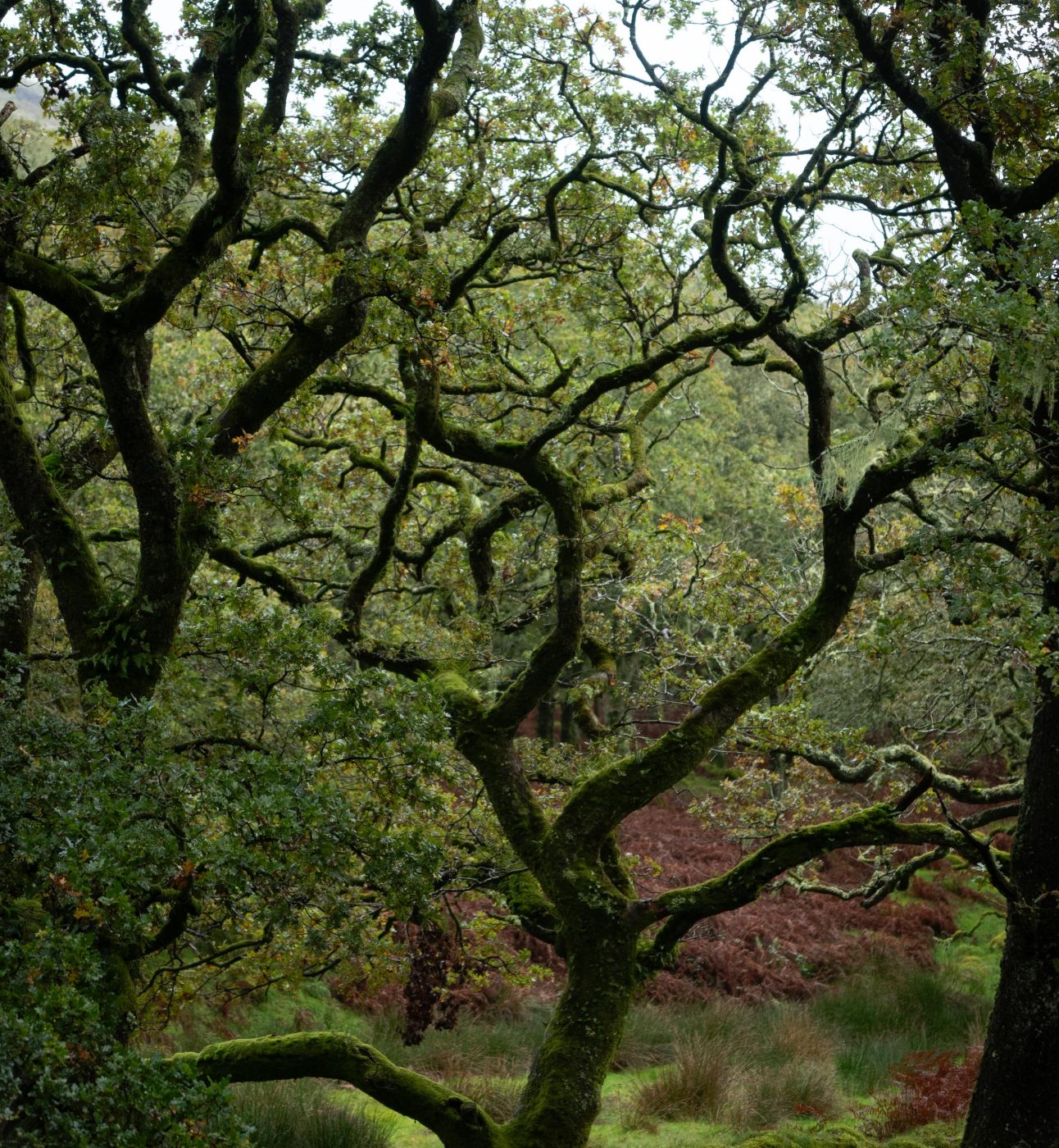
Alienor Hammer on finding her roots in Dartmoor and the Lake District National Park
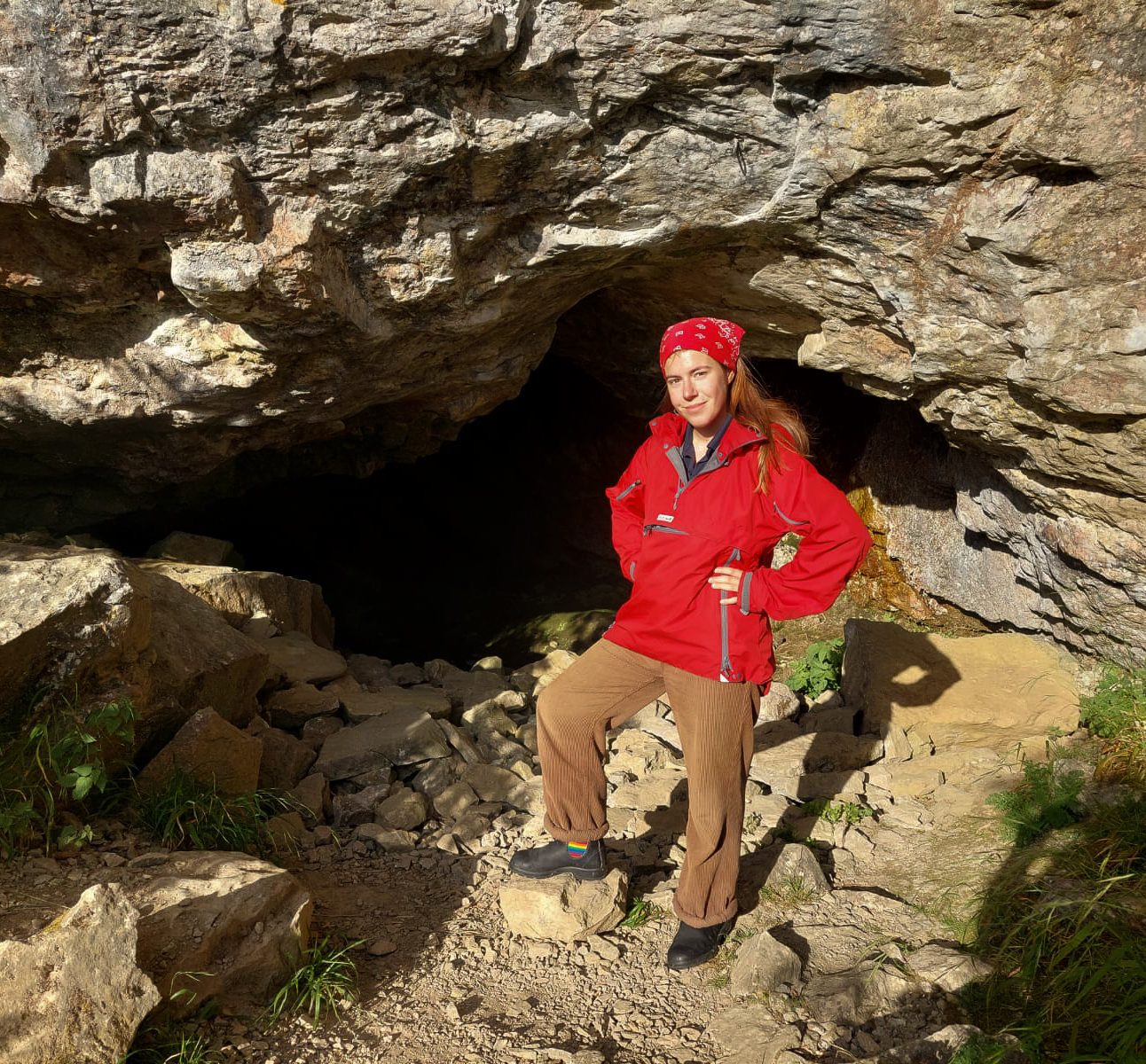
Aila Taylor takes us back in time to when the Eurasian lynx roamed the Yorkshire Dales and examines if they could have a future there too
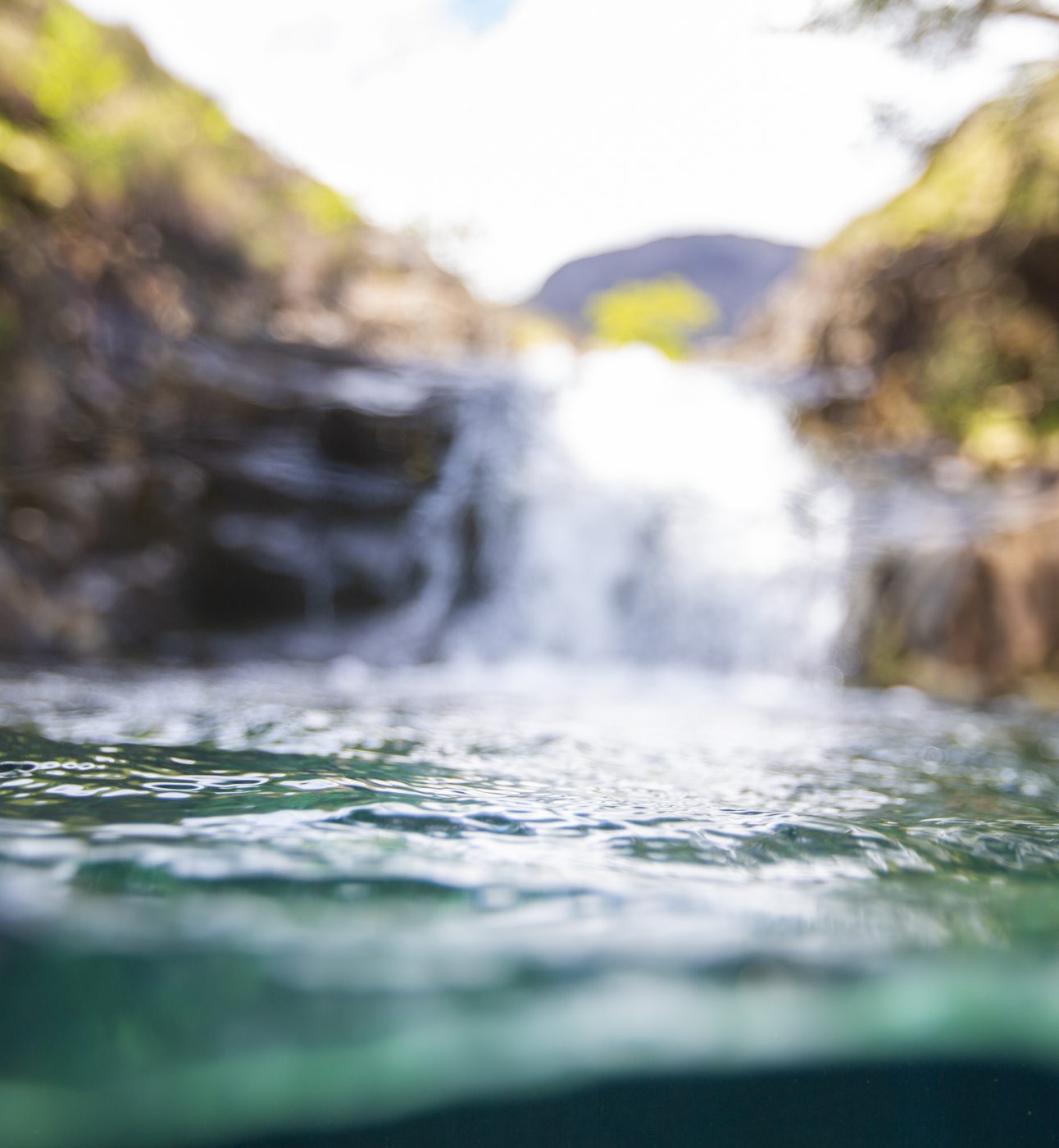
Dewan Choudhury reflects on why it’s so important for everyone to experience nature and how his passion drives his work
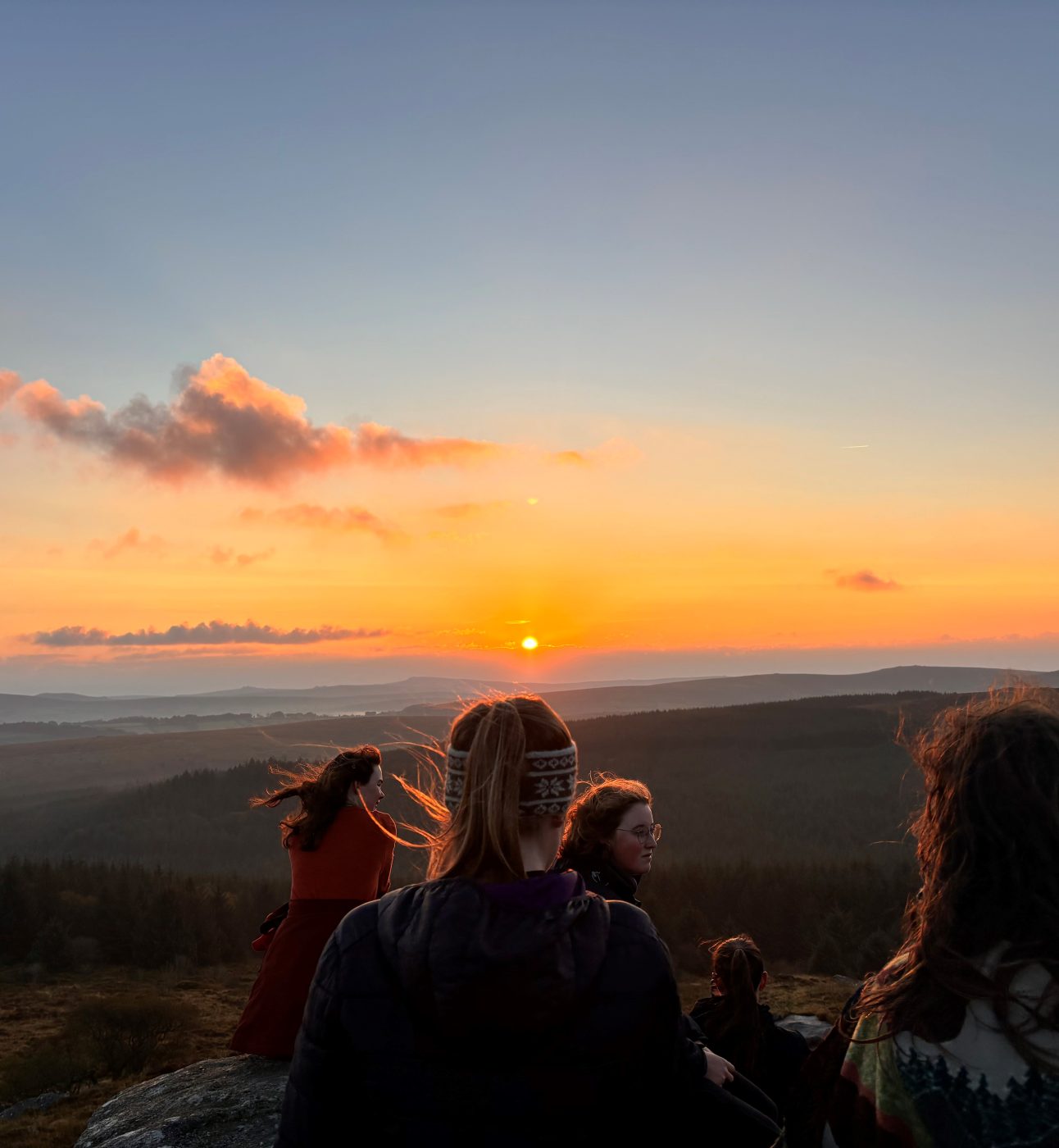
An inspirational weekend – fuelled by empowered people empowering people, Linn Wiberg reflects on her weekend
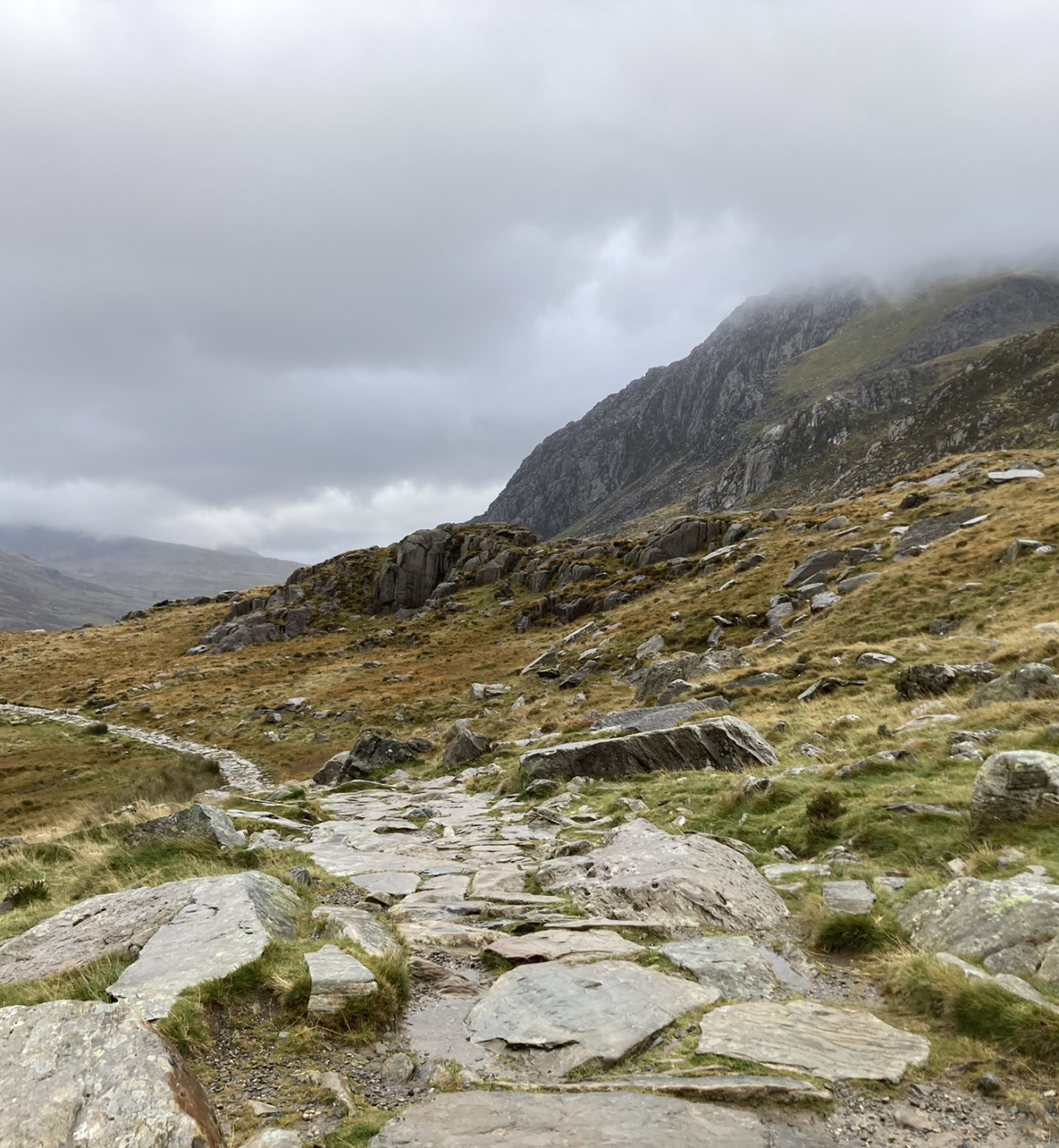
Rugged, windswept and wild, we’re exploring the history and present challenges facing the breathtaking uplands of our National Parks.